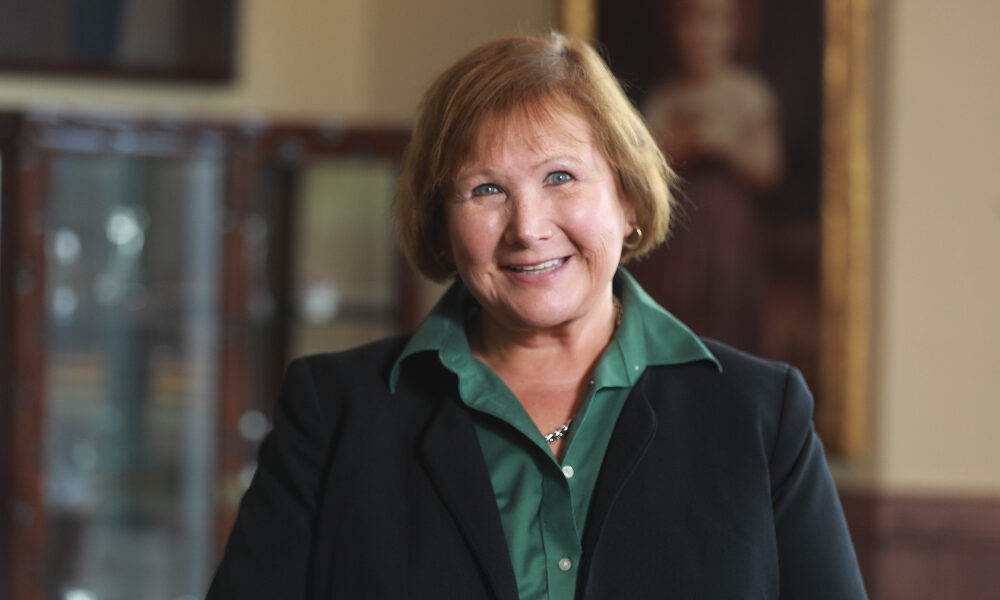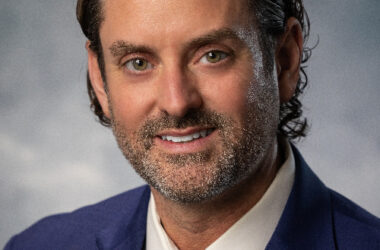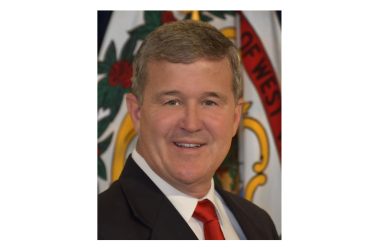By Tammy Jordan, president, Fruits of Labor
BECKLEY, W.Va. — One of the most powerful and truthful presentations I have ever witnessed was presented recently at the Communities of Healing Winter Gathering by Drema Hill, Ph.D., a Boone County native who has risen to be a national public health expert.
Drema’s impactful powerpoint was simple and from the heart, outlining the power one person can offer another and the ability that person can have in changing the course of that individual’s life outcome.
Hill, Vice President of community engagement and chief operations officer at the West Virginia School of Osteopathic Medicine in Lewisburg, was our keynote speaker and I think her story needs to be shared more widely.
Dr. Hill began her presentation in a more academic manner than is usual for a keynote speech. She presented a case study of a white female who presented with all of the worst WV health statistics. The presented case grew up in rural poverty, scored 6 on the Adverse Childhood Event’s (ACEs) quiz, was raised in a food desert with lack of public transportation and lack of access to primary, mental and oral health care. Dr. Hill related that the case had suffered from childhood obesity (weighing 120 pounds in 3rd grade) and she became morbidly obese as an adult. She had a chronic disease, a birth defect and became a teen unwed mother. Then, after all that, the case was involved in a car accident that left her in a wheelchair and she was prescribed 800 mg of Tylox every three hours and Oxycontin as needed.three hours and Oxycontin as needed.
Dr Hill then asked the audience of business leaders, who were being trained to hire people in recovery, what they thought had happened to the person presented as a case study. Some thought she was surely a “drug addict”, had no doubt been incarcerated and lost her driver’s license. Someone suggested that her child was probably removed from her home. Various possible scenarios were discussed. No one in the audience gave the woman in the case study any hope of being a productive member of society.
As Dr. Hill began to tell “the rest of the story” about the case study, she revealed that the woman now is highly educated and has a good job making a good wage. The woman had lost 150 pounds and was no longer obese and now is reaching all the positive health statistics. The daughter that was born to the case study as a teenager is now an adult with a college degree and a good job – so the cycle of poverty was broken. You could have heard a pin drop when Dr. Hill said, “And as you can see, I learned to walk again after three years in a wheelchair, and I am not addicted to painkillers. So, when I look at a person with substance use disorder, I think ‘there, but by the grace of God, go I’.”
Dr. Hill went on to explain that someone intervened in her life, and it made all the difference. She said that the point of sharing her life story with us was to encourage us to be that one person who makes a difference in another person’s life. People with substance use disorder are just like us – sisters, brothers, mothers, fathers, daughters and sons – It could have been any of us. She told us that we are the heroes because we were there and willing to try to elevate others through job placement. She shared a humorous story of her first “professional” job interview and how the support she was provided during that process gave her confidence to continue moving forward.
The Vice President at the West Virginia School of Osteopathic Medicine ended her incredibly powerful keynote speech by saying that she agrees with Mother Teresa – we can change the world, one person at a time. Just choose the person nearest you.
As Dr. Hill made her way to her seat to thunderous applause, I became even more aware of how important it is for us to be mindful in how we conduct ourselves and how positive interactions with others can yield huge dividends for our society.
# # #
Tammy Jordan is president of Fruits of Labor, a social enterprise with operations in Beckley, Rainelle, Alderson and Montgomery that offer training and employment of those in recovery. Her leadership and concepts have been adopted in the Communities of Healing program funded by the Appalachian Regional Commission in partnership with local partners. She can be reached at [email protected]





